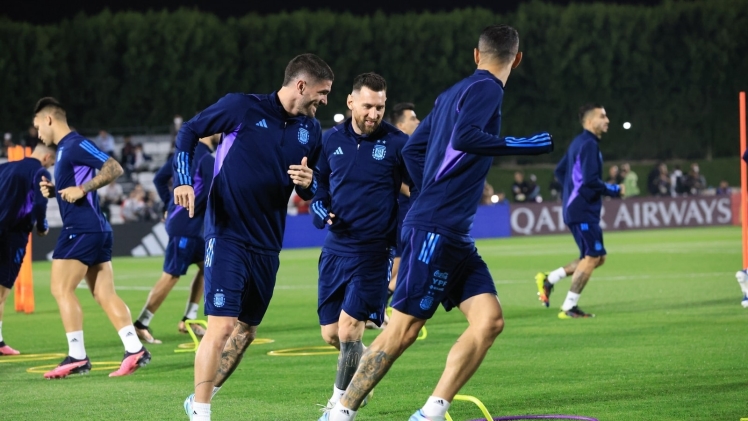Football, beyond its raw athleticism and individual brilliance, is a chessboard where tacticians deploy strategies that shape the outcomes of matches. In the ever-evolving landscape of the beautiful game, managers and coaches serve as master tacticians, devising game plans that balance attacking prowess, defensive solidity, and adaptability to diverse situations. In this exploration of “Strategic Brilliance: Tacticians and Techniques in Modern Football,” we delve into the evolution of football tactics, the role of managers, and the sophisticated techniques that define the sport’s strategic landscape.
Evolution of Football Tactics:
Football tactics have evolved significantly over the years, transitioning from the traditional rigid formations to more fluid and dynamic systems. The classic 4-4-2 formation, synonymous with English football for decades, has given way to more complex and flexible formations like the 4-3-3, 4-2-3-1, and variations of the 3-5-2.
Total Football, a concept popularized by Dutch football in the 1970s, emphasized positional interchangeability and fluid movement. This revolutionary approach laid the groundwork for modern football, where players are expected to seamlessly transition between attacking and defensive roles.
The introduction of high pressing, possession-based play, and the increased focus on set-piece strategies highlight the dynamic nature of football tactics. Modern managers seek to control the tempo of the game, exploit spaces, and capitalize on opponents’ weaknesses through intricate tactical plans.
The Role of Managers:
In the modern football landscape, managers are more than just motivators; they are strategists who shape the identity and playing style of their teams. The success of a football team often hinges on the tactical acumen and decision-making of its manager. From orchestrating training sessions to making crucial in-game adjustments, managers are the architects of their teams’ fortunes.
Certain managers have become synonymous with specific tactical philosophies. Pep Guardiola, for example, is renowned for his possession-based football, intricate passing patterns, and high defensive lines. Jurgen Klopp, on the other hand, is known for his gegenpressing, a high-intensity pressing style designed to win the ball back quickly.
Managers bring their unique perspectives and tactical ideologies, and their ability to adapt to different scenarios defines their success. Whether it’s José Mourinho’s pragmatic approach, Diego Simeone’s disciplined defending, or Marcelo Bielsa’s high-pressing game, the diversity of managerial styles adds depth to the strategic landscape of modern football.
Innovative Techniques:
Innovation in football tactics is a constant process, with managers and coaches experimenting with new techniques to gain a competitive edge. Video analysis has become an indispensable tool, allowing teams to scrutinize opponents’ strengths and weaknesses, identify patterns, and refine their own strategies accordingly.
Set-piece strategies, both defensively and offensively, have gained prominence. Teams meticulously design set-piece routines to exploit vulnerabilities in the opposition’s defense or create scoring opportunities. The precision in execution of set pieces is often the result of hours of training and strategic planning.
The use of data analytics has revolutionized player recruitment and performance analysis. Teams leverage data to identify players who fit their tactical systems, assess player work rates, and make informed decisions about in-game strategies. The fusion of technology and football has ushered in a new era of strategic thinking.
Tactical Flexibility and Adaptability:
Successful modern football teams exhibit tactical flexibility, seamlessly shifting between different formations and playing styles based on the demands of the match. Tactical adaptability allows teams to control the narrative of a game, responding to changes in momentum, opposition tactics, and the ebb and flow of play.
In-game adjustments, such as substitutions and tactical tweaks, showcase a manager’s ability to read the game and make decisions that impact the outcome. The best managers are astute tacticians who can change the course of a match with a well-timed substitution or a strategic shift in formation.
Conclusion: The Chessboard of Football
“Strategic Brilliance: Tacticians and Techniques in Modern Football” portrays the sport as a dynamic chessboard where managers and players engage in a constant tactical battle. The evolution of football tactics, the role of innovative techniques, and the strategic brilliance of managers collectively contribute to the beauty and complexity of modern football.
As the sport continues to evolve, tactical nuances will shape the narrative of matches, creating moments of brilliance and drama on the pitch. Football, at its core, is a game of strategy, and the tacticians who master the chessboard of the football pitch continue to captivate fans with their ingenuity and strategic brilliance.

